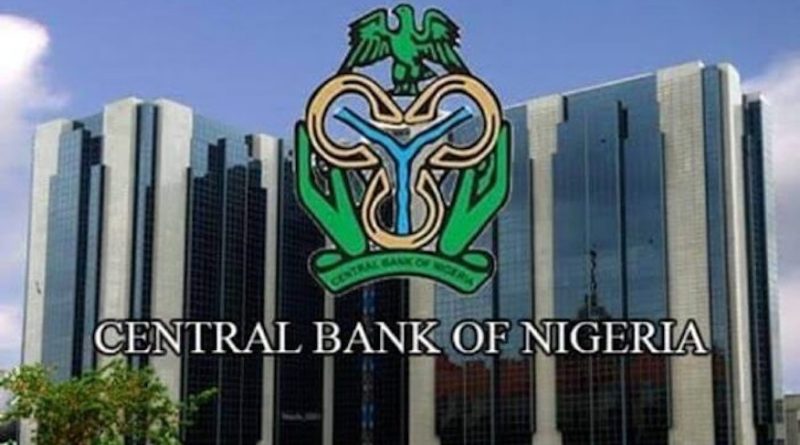CBN targets $20bn current account surplus
…as fx market turnover jumps 56.4% to $8.6bn
…FG seeks $32bn for power, bullish about 7% GDP growth
The Central Bank of Nigeria (CBN) is targeting a $20 billion current account surplus in the medium term as reforms to boost non-oil exports, stabilise the foreign exchange market, and rebuild external buffers begin to take hold.
The goal, which marks a sharp departure from years of persistent deficits, was disclosed Wednesday at the Nigeria Investors Forum in Washington D.C., held on the sidelines of the IMF–World Bank Annual Meetings. Officials said the surplus would support macroeconomic stability and strengthen investor confidence amid a broader push to reposition Africa’s most populous nation.
“We’ve really focused on improving FX flows into the economy, and we’ve seen a significant jump,” Mohammed Sani Abdullahi, Deputy Governor of the Central Bank of Nigeria (CBN) said. “Our ambition now is to achieve a $20 billion current account surplus, driven by improved exports, capital flows, and reforms that unlock domestic value.”
He said average net flows between January 2023 and July 2025 had doubled, while monthly turnover in the FX market surged 56.4% to $8.6 billion this year, up from $5.5 billion in 2024.
Capital flows, which collapsed by over 75% between 2019 and 2020, have also shown signs of recovery, he added.
External reserves stood at $43.4 billion as of October 10 — the highest in five years — enough to cover 11 months of imports. The central bank attributed the gain to policy realignments, better FX management, clearance of backlogs, and a shift to more market-reflective pricing.
“We’ve deliberately improved the quality and quantum of our net FX reserves,” Abdullahi said. “Almost $13 billion has been returned to both local and international banks, creating room for organic reserve growth and strengthening market confidence.”
In his opening remarks, Olayemi Cardoso, CBN Governor said the apex bank’s policy alignment with the Ministry of Finance was critical to restoring investor trust. He assured foreign investors that Nigeria remains committed to structural reforms, monetary discipline, and financial transparency.
“The entral bank and the ministry of finance have been working hand in hand to ensure alignment, stability, and clarity for investors,” Cardoso said. “Nigeria’s focus remains clear — strengthening our fundamentals, advancing reforms, and unlocking opportunities for sustainable investment and growth.”
The government is also backing up monetary reforms with an ambitious fiscal agenda aimed at raising economic growth to 7% by 2027–2028.
Sanyade Okoli, Special Adviser to the President on finance and the economy, said the strategy is anchored on diversification, private capital mobilisation, and infrastructure investment.
“Our target is 7% growth by 2027–2028,” Okoli told investors at the forum. “We’re already seeing the momentum. In Q2 this year, GDP expanded by 4.3%. Thirteen percent of sectors grew above 7%.”
She said oil now accounts for just 4% of GDP, down from 8% in 2021, and represents only 57.5% of total exports in the first half of 2025 — a sign that the economy is becoming more resilient and diversified.
Read also: What Shell’s new $2bn gas deal means for Nigeria
To unlock long-term growth, Nigeria is partnering with the World Bank and African Development Bank to mobilise about $32 billion to improve access and reliability of electricity. The energy investment plan includes transmission, generation, and rural electrification projects aimed at supporting industrialization and reducing power costs for businesses.
“On power, we are working with the World Bank and AfDB to crowd in capital — because the government alone cannot fill the gap,” Okoli said.
“We are also laying 90,000 kilometers of fiber-optic cable to future-proof digital infrastructure for our growing youth population,” she added.

